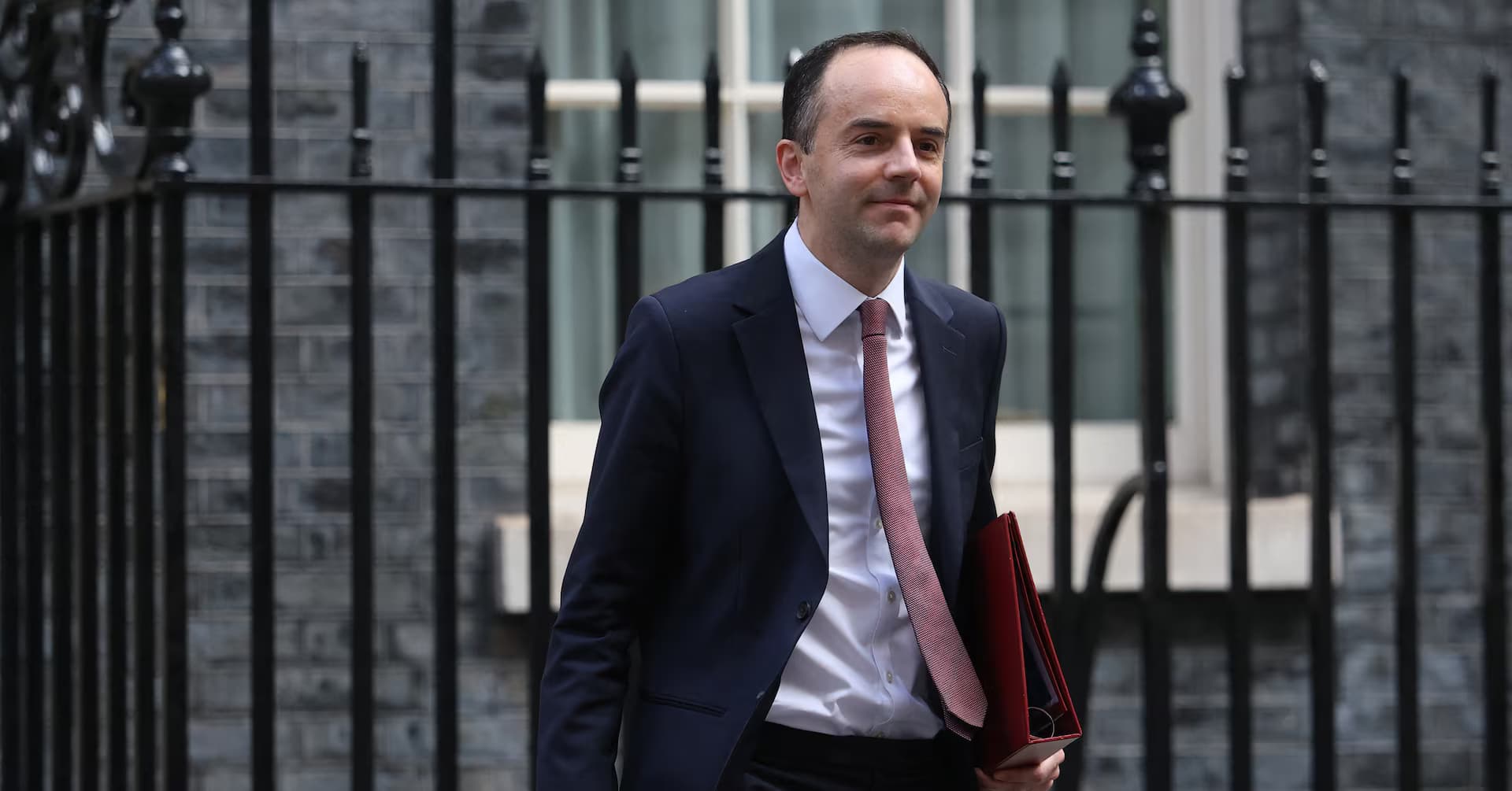We're loading the full news article for you. This includes the article content, images, author information, and related articles.
The UK Treasury has tightened rules on departmental access to its reserve fund, particularly for public sector pay rises, signalling a stricter fiscal approach that could influence Kenya's own budget management strategies amidst ongoing wage bill debates.

In a significant move to enforce fiscal discipline, the UK Treasury has instructed government ministers not to anticipate bailouts from its reserve fund, especially for public sector pay increases. Chief Secretary to the Treasury, James Murray, communicated this directive in a letter to ministers, emphasising that departments must manage their own cost pressures and prioritise spending without relying on the contingency fund.
This decision, announced on Wednesday, October 8, 2025, ahead of the upcoming budget, aims to curb the overuse of the reserve, which is intended for genuinely unforeseen, unavoidable, and unaffordable pressures. Murray stated that access to the reserve would only be granted under exceptional circumstances and would not cover pay pressures. Furthermore, departments successfully claiming from the fund would be required to repay the amounts in future years.
The UK Treasury's move comes as Chancellor Rachel Reeves seeks to reduce government borrowing and keep departmental spending within the totals announced in the June spending review. Economists anticipate that Reeves may need to implement tax increases and spending cuts ranging from £25 billion to £30 billion in her budget on November 26, 2025, to meet public finance targets. The previous government had been criticised for frequently relying on the reserve to fund unfunded commitments, contributing to a reported £22 billion shortfall in public finances.
Kenya, much like the UK, operates with a Contingencies Fund established under Article 208 of its Constitution. This fund is designed to address urgent and unforeseen expenditures for which no other legislative authority exists. The Public Finance Management Act, 2012, and its accompanying regulations, further govern the operation and management of this fund, requiring parliamentary approval for advances and detailed reporting by the Cabinet Secretary for Finance.
The Salaries and Remuneration Commission (SRC) plays a crucial role in managing Kenya's public sector wage bill, which has historically been a significant concern. The SRC's initiatives include job evaluations, job grading structures, and salary structures, all aimed at ensuring a sustainable wage bill. In May 2025, President William Ruto directed a 6% salary increase for civil servants, implemented in two phases, following SRC recommendations to address stagnated wage growth. However, in July 2024, the SRC had frozen a Sh22 billion salary increment for civil servants due to prevailing financial constraints, highlighting the delicate balance between employee welfare and fiscal sustainability.
The UK's stringent approach to its reserve fund underscores a global trend towards tighter fiscal management. For Kenya, this could reinforce the ongoing efforts to control the public wage bill and ensure that departmental spending aligns with budgetary allocations. Over-reliance on contingency funds, whether in the UK or Kenya, can lead to unsustainable public debt and hinder the government's ability to fund essential services and development projects. The Public Finance Management Act, 2012, mandates that national and county governments allocate at least 30% of their budget to development, a target often challenged by high recurrent expenditures.
While the UK Treasury's directive is clear, the long-term impact on public sector morale and service delivery remains to be seen. Similarly, in Kenya, the balance between implementing salary increments to address cost of living pressures and maintaining fiscal discipline continues to be a point of discussion. The exact mechanisms for departments to demonstrate exhausted cost-cutting options before seeking reserve funds in the UK are yet to be fully detailed.
The UK budget is expected on Tuesday, November 26, 2025, where Chancellor Rachel Reeves will outline specific measures to address public finances. In Kenya, the budget process involves several stages, with the Cabinet Secretary for Finance issuing guidelines by August 30 each year and budget estimates tabled in the National Assembly by April 30. The Appropriation Bill, authorising government spending, should ideally be assented to by June 30.
Observers in Kenya will be keenly watching how the National Treasury and the Salaries and Remuneration Commission navigate future public sector wage demands against the backdrop of fiscal consolidation efforts. The implementation of efficiency plans, including reducing administrative budgets and digital transformation, will be critical in both the UK and Kenya to manage cost pressures effectively.
Keep the conversation in one place—threads here stay linked to the story and in the forums.
Sign in to start a discussion
Start a conversation about this story and keep it linked here.
Other hot threads
E-sports and Gaming Community in Kenya
Active 9 months ago
The Role of Technology in Modern Agriculture (AgriTech)
Active 9 months ago
Popular Recreational Activities Across Counties
Active 9 months ago
Investing in Youth Sports Development Programs
Active 9 months ago